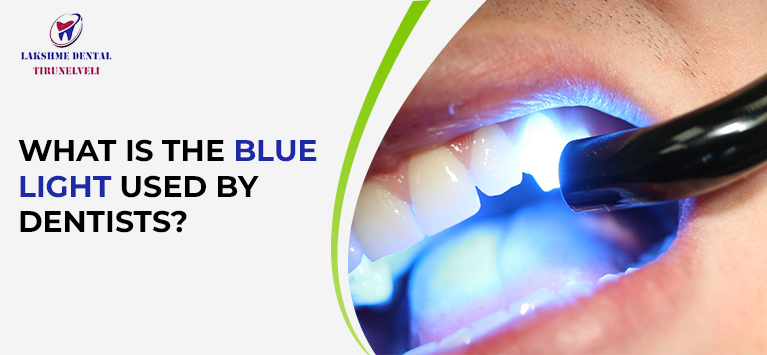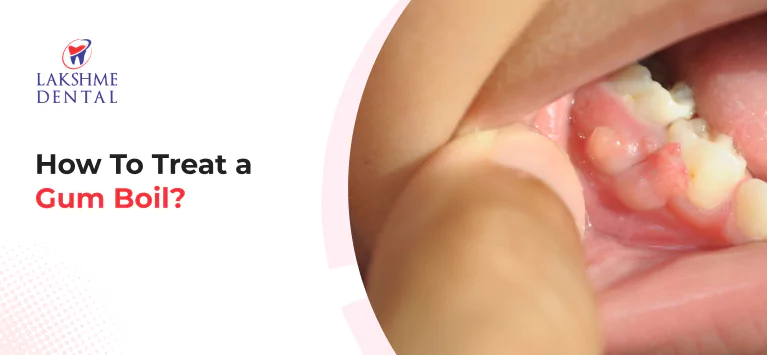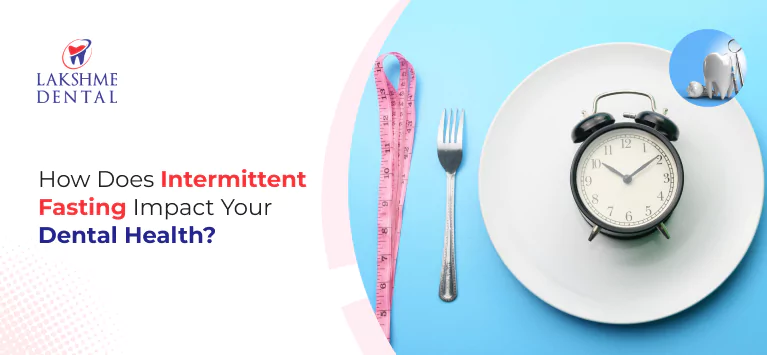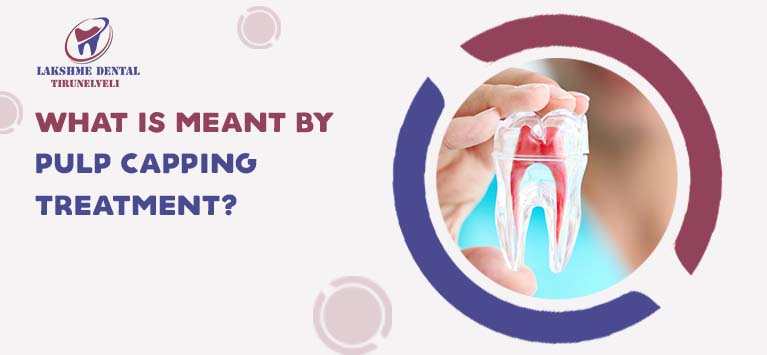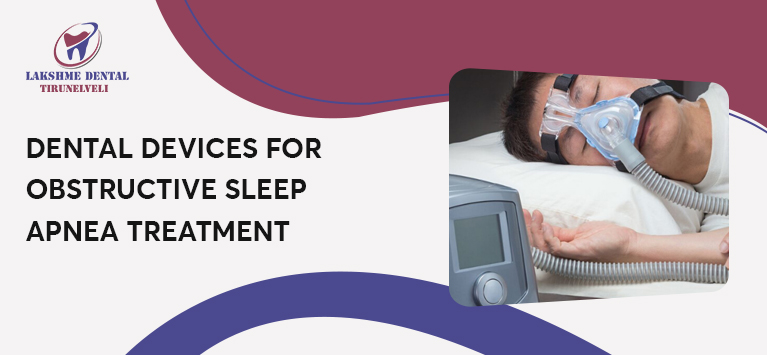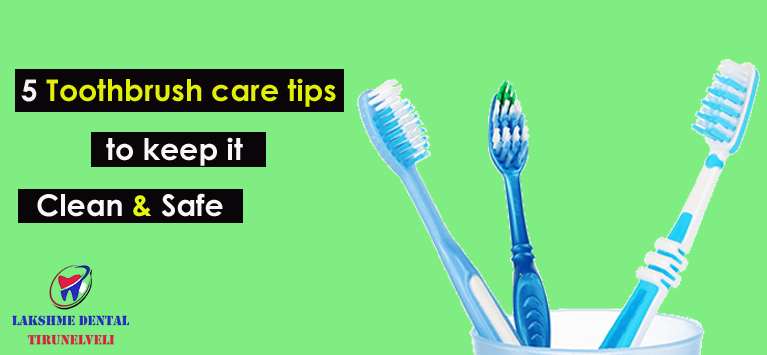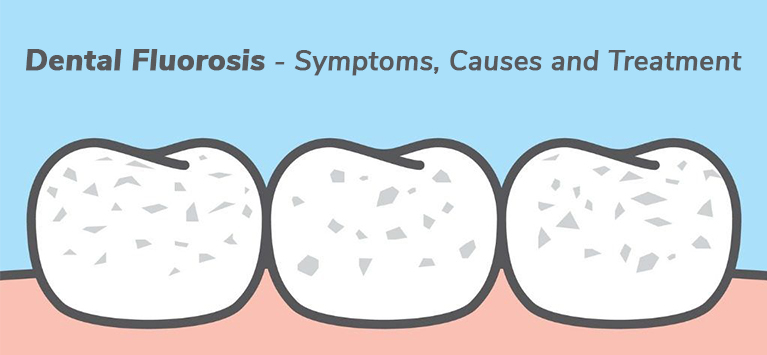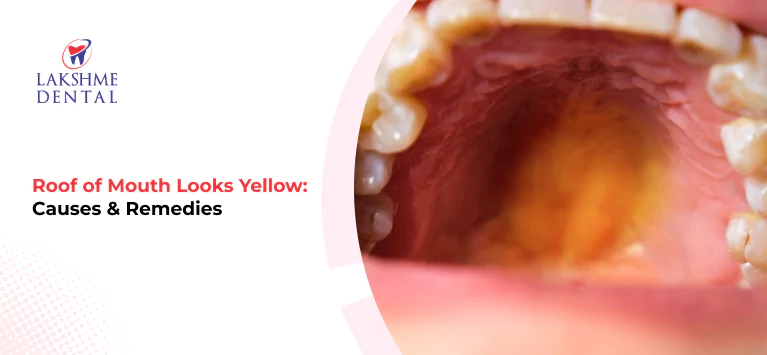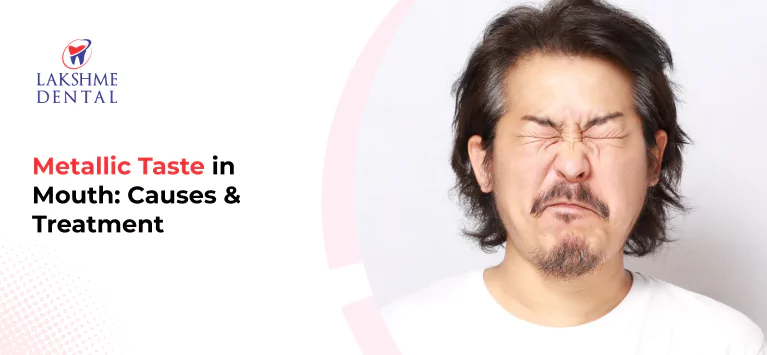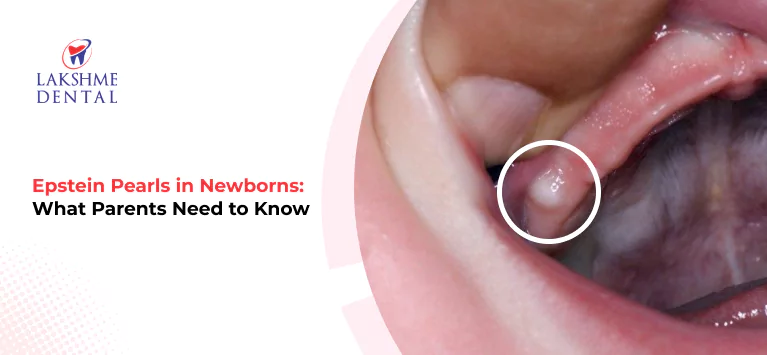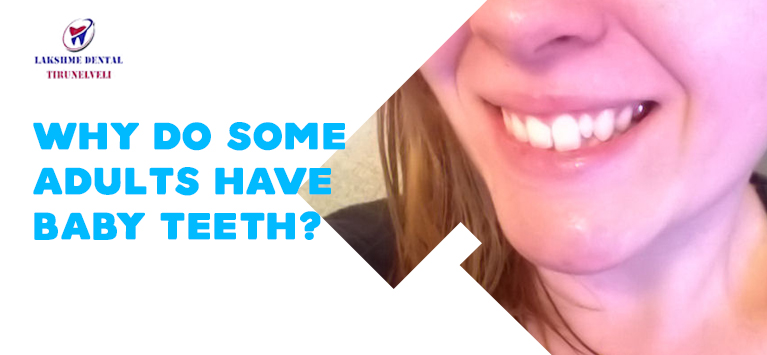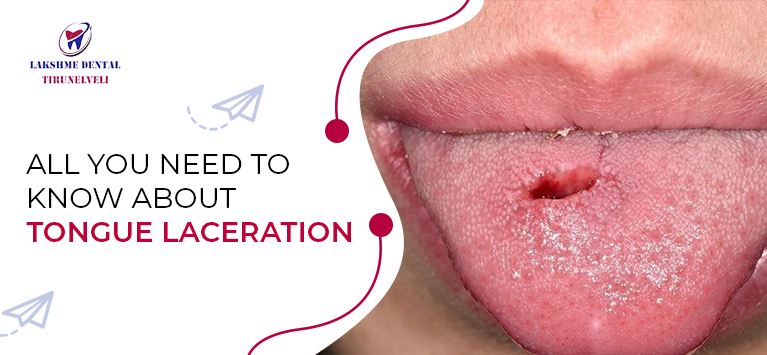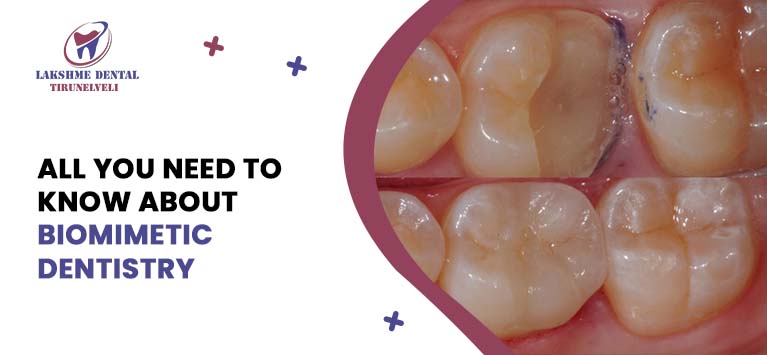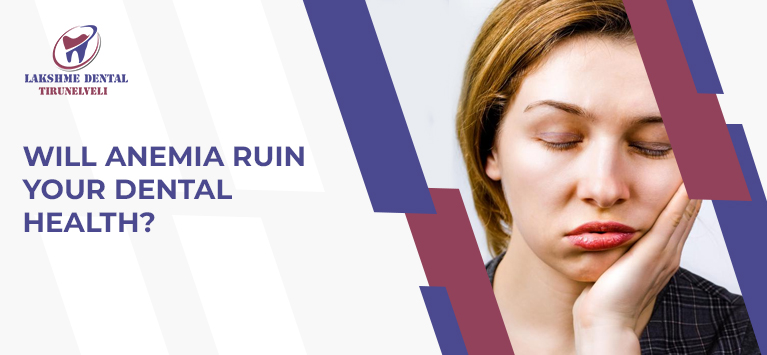
Will Anemia Ruin Your Dental Health?
Anemia is the most common blood disorder that affects red blood cells and hemoglobin. People suffering from this condition have an inadequate number of healthy red blood cells that carry oxygen throughout the bloodstream to the internal organs. Such reduced oxygen flow affects the functionalities of the organs and tissues. This is why anemic patients encounter problems like headaches, dizziness, joint pains, shortness of breath, coldness in hands & feet, etc.
About 1/3 of the world population are found to have anemia and it occurs due to numerous factors like genes, poor diet, side effects of intestinal diseases, and much more. As this condition is prevalent, many people are aware of its side effects but they are unacquainted with its impact on oral health.
In this article, we have explained the role of anemia in ruining your oral cavity. Keep reading.
How does anemia affect your dental health?
When teeth, gums, and other oral tissues do not receive nutrients carried by the blood, they become weak and cannot fight against microbial invasions. This is the root cause of various oral complications.
However, anemia is classified into various types based on triggering factors like iron deficiency, viral infections, etc. Remember that each type of anemia has its kind of attack on your oral health. It is listed as follows:
1) Iron deficiency anemia – It is the most common type of anemia and it happens when your body does not have a sufficient amount of iron which is essential to make hemoglobin. People suffering from iron deficiency anemia have swelling, soreness, and paleness in their tongues. Likewise, they are at high risk of developing gum diseases. It can be treated with iron supplementation that involves taking iron-rich foods like red meat, seafood, leafy vegetables.
2) Vitamin deficiency anemia – Inadequate amount of Vitamins B12, C, or folate in our body also affects the body’s ability to produce enough red blood cells. This condition is called vitamin deficiency anemia. As vitamin deficiency and insufficient nutrient intake are now combined, it is quite hard on the oral tissues by causing mouth ulcers, painful tongue, affecting the tongue’s papilla where taste buds are located.
3) Sickle cell anemia – When the red blood cells are atypically shaped, they cannot travel through the blood vessels. In simply, the organs cannot get oxygen-rich blood due to the differently shaped red blood cells. It will cause damage to the liver, kidney, eyes, and spleen. Its oral manifestations include delayed tooth eruption, smooth tongue, yellowish tissues, etc. Moreover, it is linked to enamel mineralization problems that make the teeth fragile.
4) Aplastic anemia – When our body stops producing enough new blood cells, it leads to a condition called aplastic anemia. People suffering from this condition are at high risk of uncontrolled bleeding, bacteria infection. It means aplastic anemic patients are highly prone to tooth decay, gum infections, and other dental damages stimulated by oral bacteria. They should take oral antibodies and take regular dental cleanings to avoid serious oral problems.
5) Fanconi anemia – Fanconi anemia is a rare, genetically inherited condition that affects the functionality of bone marrow to produce healthy blood cells. It is powerful to cause developmental disabilities, skeletal issues, atypical skin color, and even cancer. Remember that Fanconi anemia is also a reason behind various birth defects. Dentists observed that kids with Fanconi anemia get supernumerary teeth, atypically shaped and positioned teeth, salivary gland dysfunction, periodontal diseases, etc.
Apart from the discussed ones, other types of anemia like Thalassaemia, Haemolytic anemia, Pernicious anemia also hurt your teeth, gums, and other tissues. As they instigate common oral illnesses like cavities, paleness in gums, many people provide the least attention to the dental damages.
Bottom line
If you are diagnosed with anemia and notice uncommon changes in your mouth, it indicates your oral tissues are also not getting sufficient nutritional contents (i.e.) Anemia has compromised your oral health.
If you encounter such dental damages, visit your dentist without delay and follow his/her prescriptions. On the other hand, adjusting your diet with healthy eatables and maintaining a good oral hygiene routine will empower you to safeguard your oral health to a great extent.

